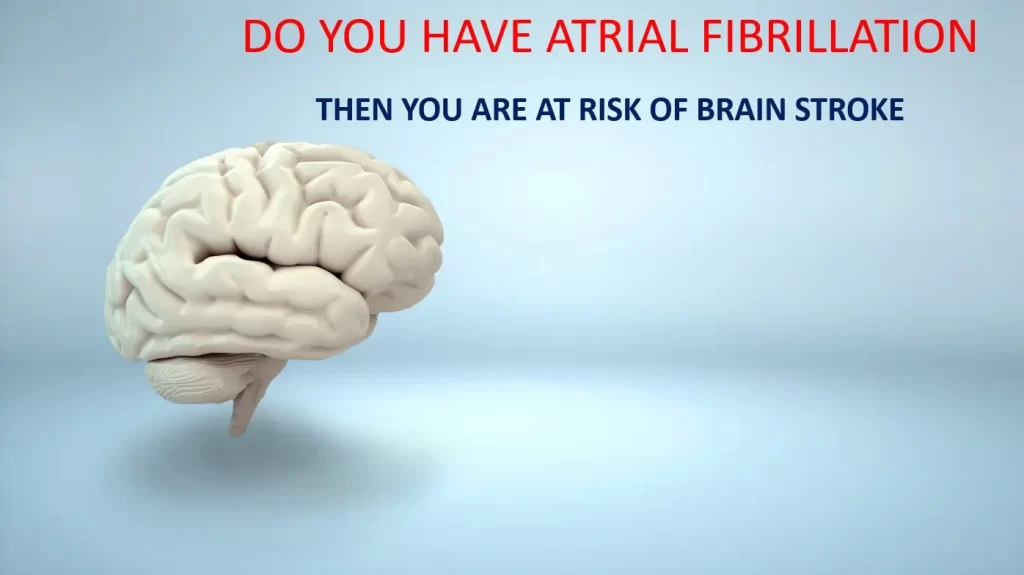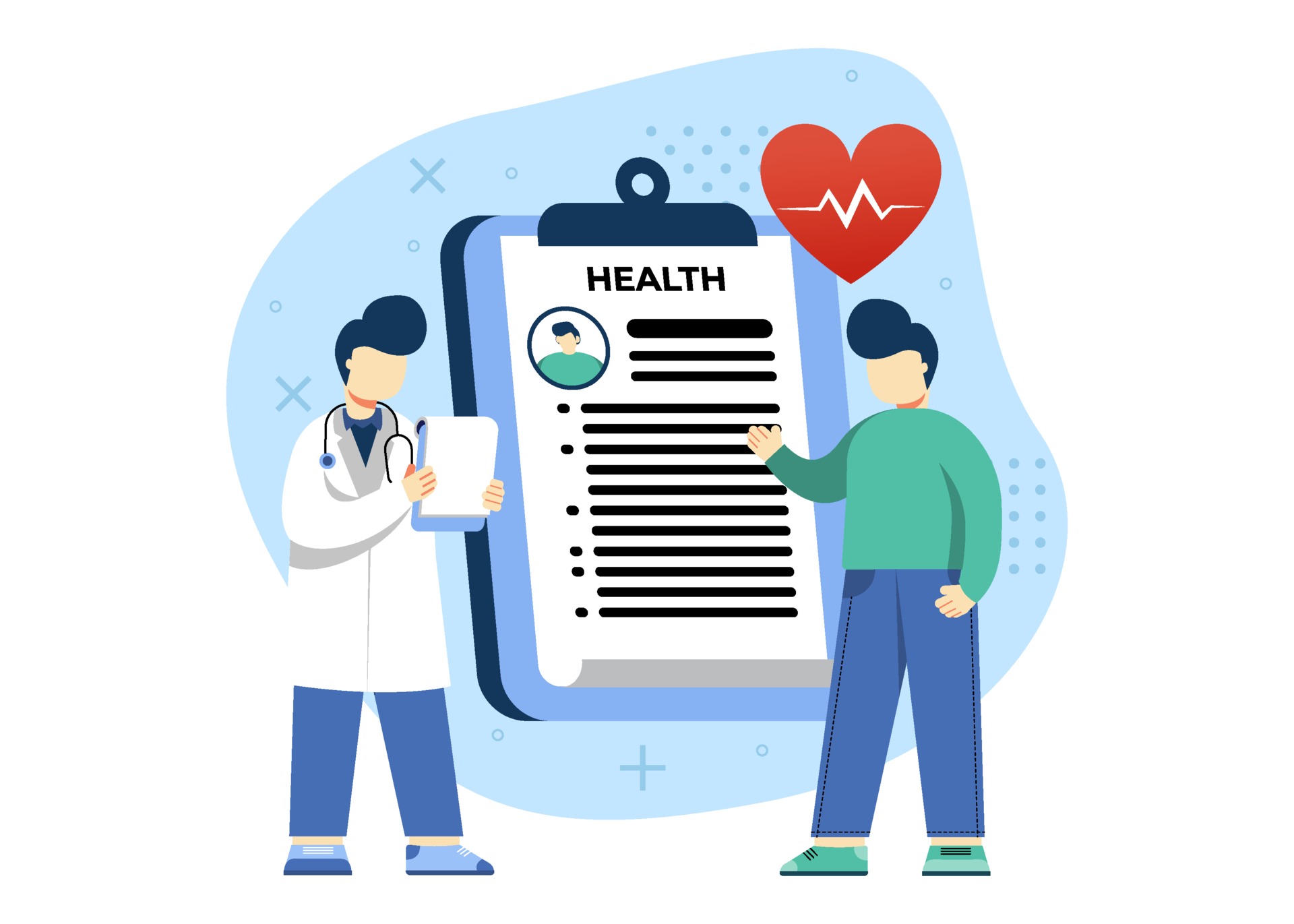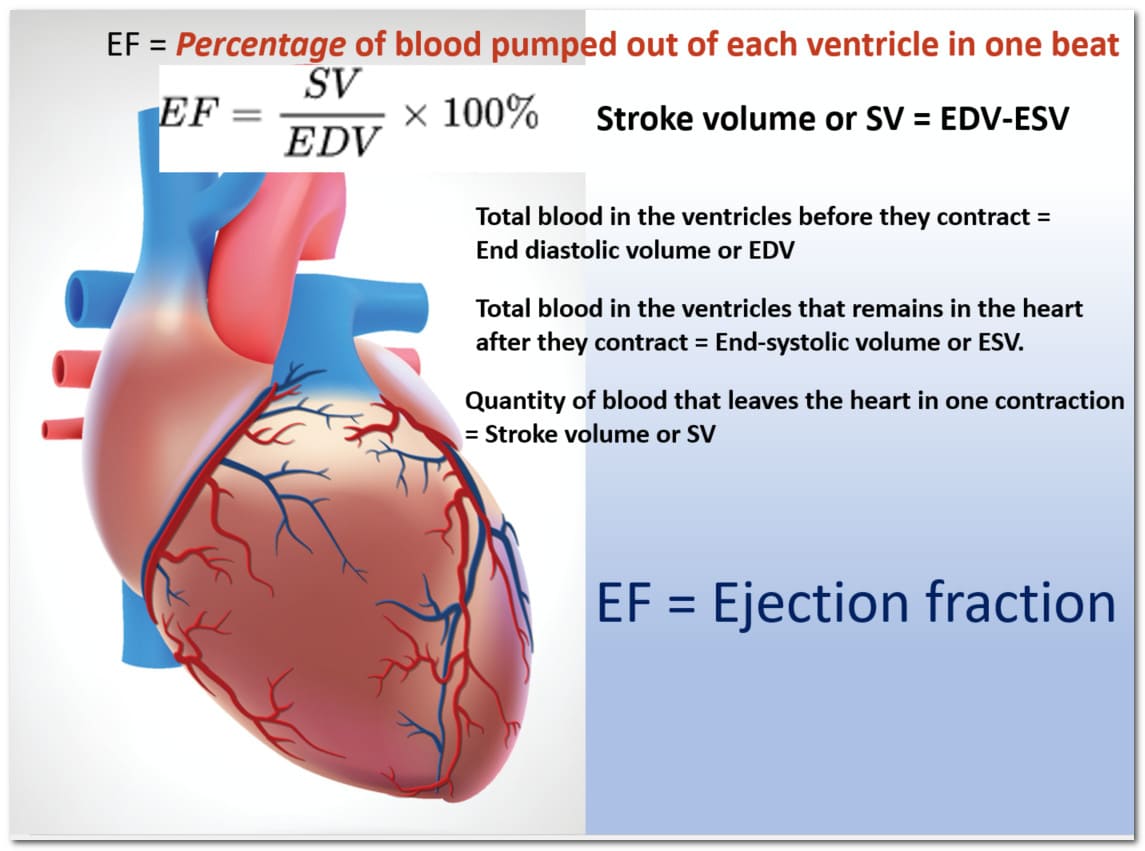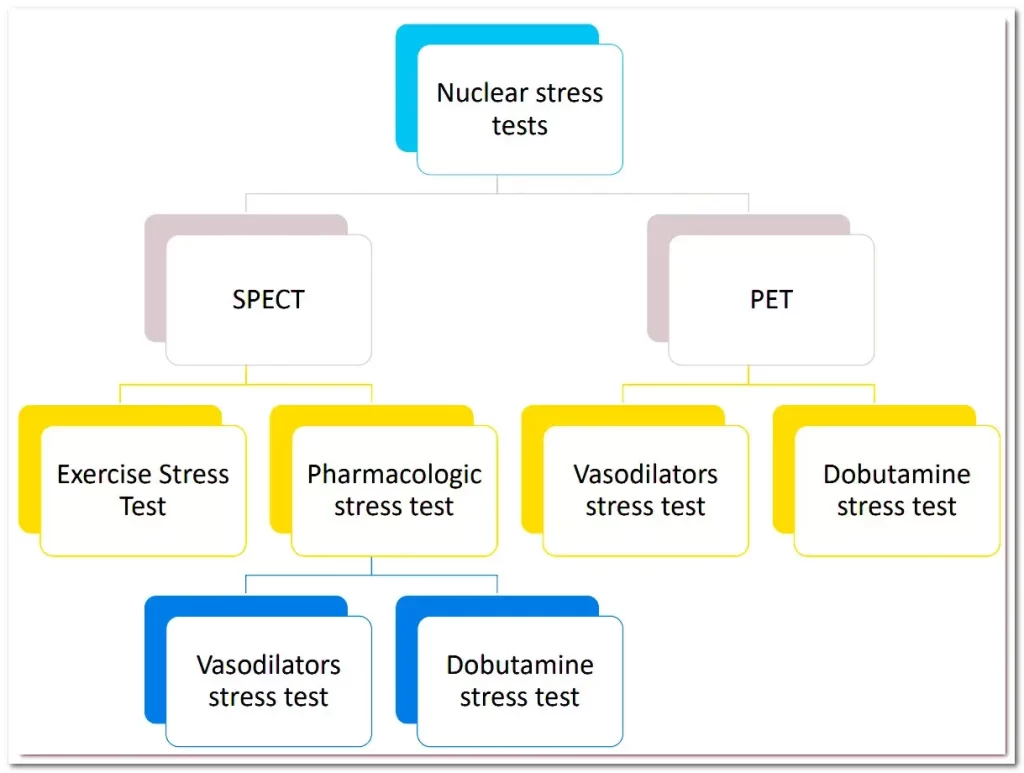Atrial fibrillation is an abnormal heart rhythm. Atrial Fibrillation, also known as AF, causes an irregular and often fast heartbeat.
It can lead to other conditions such as stroke, congestive heart failure, and pulmonary embolism.
It can be caused by many factors such as:
– High blood pressure
– Old age
– Hyperthyroidism or high thyroid levels in the blood
– Heart surgery, coronary artery bypass graft
– Heart valve defects or rheumatic fever.
Brain stroke is the second-largest cause of death worldwide. A stroke is caused by a blockage or a bleed in one of the arteries supplying blood to the brain. It commonly leads to paralysis.
This article describes how atrial fibrillation increases the risk of brain stroke.
The burden of Atrial fibrillation
Atrial fibrillation is a common condition. Nearly one in four people will develop atrial fibrillation in their lifetime.
Atrial fibrillation and brain stroke
Atrial fibrillation patients have a nearly fivefold increased risk of brain stroke. Up to 3 million people worldwide are affected by strokes related to atrial fibrillation each year.
One in every six brain strokes occurs in a patient with atrial fibrillation. Stroke risk persists even in atrial fibrillation without symptoms.
Severe and disabling
Atrial fibrillation-related strokes tend to be especially severe and disabling, with a 1-year mortality rate of 50%.
How Brain Stroke Occur With Atrial Fibrillation
In atrial fibrillation, blood tends to clot in the left upper chamber of the heart, the left atrium. This blood clot can dislodge and travel via the bloodstream to other body parts. When blood clots break loose, they can migrate to body parts such as the brain, kidneys, and limbs. Mostly the chunk tends to go to the brain. When the clot lodges in an artery to the brain, it blocks blood flow to the brain. Then, the brain suffers from a brain stroke.
Preventable
Strokes are one of the most common effects that AF can have on the body. These strokes are preventable if one is determined in their diagnosis, gets treatment for AF, and takes prevention steps for stroke prevention.
Two-thirds of strokes due to atrial fibrillation are preventable with the blood thinner such as warfarin and rivaroxaban.
Not all patients with atrial fibrillation need anticoagulation. Your doctors decide on anticoagulant needs based on your stroke risk and bleeding risk. Anticoagulation id taken properly, reduces most of the brains strokes that occur with atrial fibrillation.












Pingback: Holter test at Home In Hyderabad - DM HEART CARE CLINIC